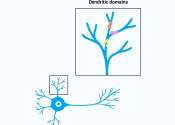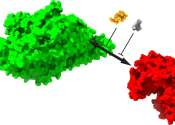How developing neurons build 'mini-computers' for increased computational power
A new mouse study from the Netherlands Institute for Neuroscience (NIN) reveals that neurons establish "mini-computers" very early in life to make the brain computationally powerful. The study is published in the journal ...
Jul 22, 2024
0
48









